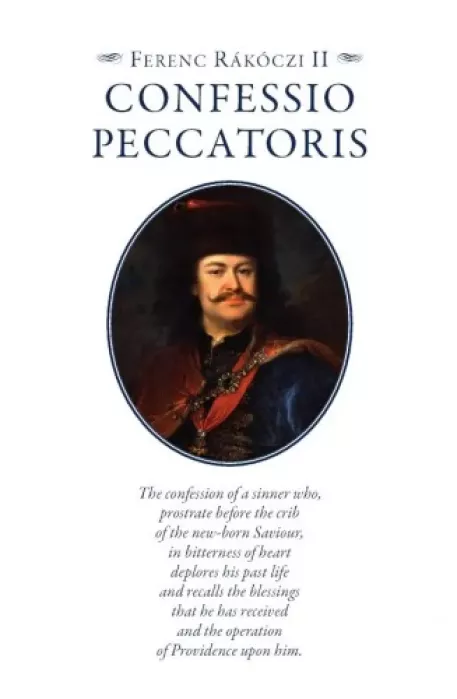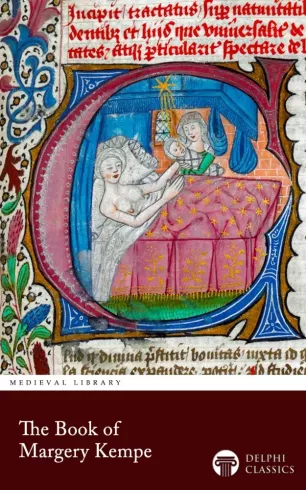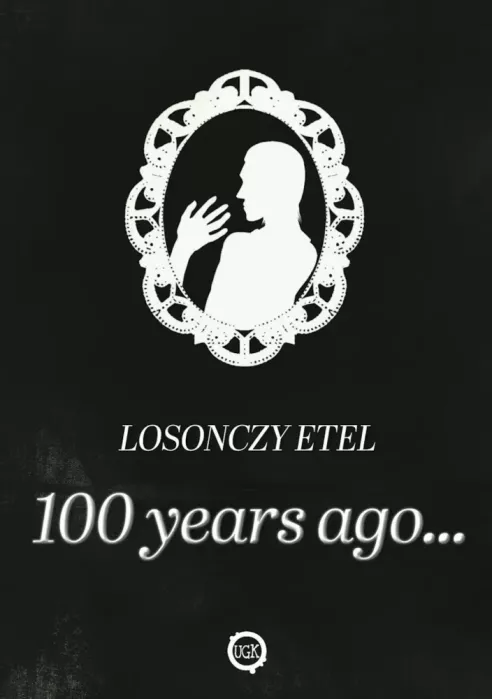
A kép illusztráció
Confessio Peccatoris(E-könyv)
Szállítás:
Azonnal
Elérhető nálunk:
.ePub formátumban
Borító ár:
2 799 Ft
Rendeléskor fizetendő online ár:
2 659 Ft
What is one to make of this very complex man? Reactionary feudal chieftain, rebel against Habsburg modernity? Freedom-fighter seeking the independence of his people, and their natural leader? Religious thinker?
Leírás
Raktári kód:
223620
ISBN:
9789631366853
EAN:
9789631366853
Gyártó kód:
37918
Megjelenés:
2019.
Oldalszám:
388
Nyelv:
angol
What is one to make of this very complex man? Reactionary feudal chieftain, rebel against Habsburg modernity? Freedom-fighter seeking the independence of his people, and their natural leader? Religious thinker? Political dreamer? Ferenc Rákóczi was all of these at times. Born in 1676, he never knew his mysteriously deceased father, hated his largely absent stepfather, and was brought up by his remark-able mother - only to be taken from her on his twelfth birthday, never to see her again. There followed a Jesuit education, the recovery of his sequestrated estates, and the life of a young aristocrat in Vienna. Sympathy with his peasants in Hungary, however, led to a rift with Emperor Leopold and, in 1701, to ill-omened imprisonment - from which he made a daring escape and fled (with a price of 10,000 forints on his head) to Warsaw, remaining in Poland for about two years. Disappointed of this, in 1713 he went to France at the invitation of Louis XIV - pausing briefly at Hull en route - and lived as a pensioner at Versailles. After some time there he experienced a religious epiphany on a visit to a Carmelite monastery and later went to live as a recluse near a Camaldulian house at Grosbois (now Yerres in south-eastern Paris). Nevertheless, he retained contact with his Hungarian sympathisers, and in 1717 through their agency was invited to Turkey by Sultan Ahmed IV. He hoped that Rákóczi's presence would bring Hungary to the Ottoman side against Austria, while Rákóczi hoped to regain his Principality of Transylvania. The Turks had been defeated by the time that Rákóczi and his small court arrived. Unable to return to either France or Hungary, he found himself politically isolated and penniless - his vast estates had been confiscated - and he spent his remaining eighteen years in Turkey, dependent on Turkish largesse.
Vélemények






